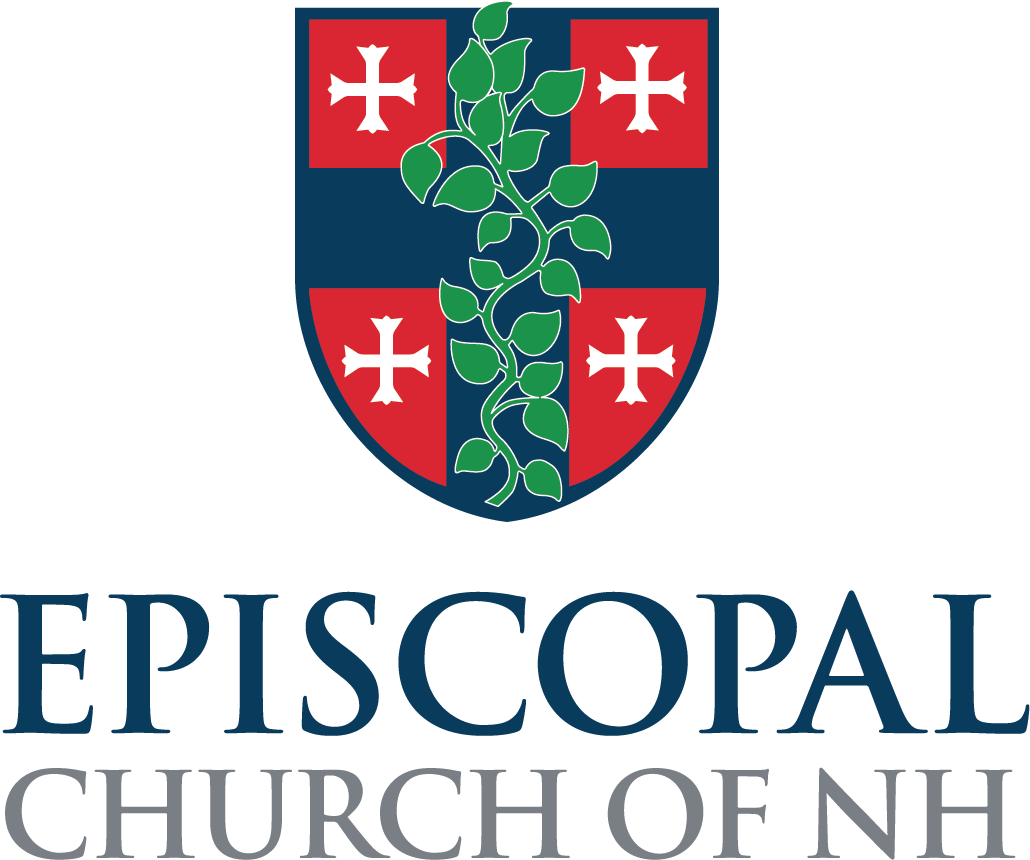Becoming Beloved Community: Racial Reconciliation
"The 78th General Convention of our Church did a remarkable thing: the General Convention invited us as a church to take up this Jesus Movement. We made a commitment to live into being the Jesus Movement by committing to evangelism and the work of reconciliation — beginning with racial reconciliation … across the borders and boundaries that divide the human family of God. This is difficult work. But we can do it. It’s about listening and sharing. It’s about God.” — Presiding Bishop Michael B. Curry
DOWNLOAD: BECOME BELOVED COMMUNITY (Complete)
DOWNLOAD: BECOME BELOVED COMMUNITY (Summary)
Sustainable Development Goals
To all who are involved in Outreach ministries and advocacy in the Episcopal Diocese of New Hampshire:
In the Summer of 2022, during our 80th General Convention, the Episcopal Church voted to continue its support of the United Nations Sustainability Development Goals as the successor to the Millennium Development Goals. Resolution A020, “Support Decade of Action to Achieve Sustainable Development Goals,” makes clear that the Sustainable Development Goals should serve as the template for development efforts in the Episcopal Church. The 81st General Convention furthered our commitment by passing Resolution A087, “Collection Data on Meeting Sustainable Development Goals,” to create a church-wide survey measuring the Episcopal Church’s contribution to meet these goals.
The Sustainability Development Goals (SDGs) and the broader sustainability agenda go much further than the Millennium Development Goals (MDGs); seeking to end poverty, fight inequality and injustice and tackle climate change by 2030. With goals that are practical, the intention of the SDGs is that no one is left behind.
Here are a few distinctions between the SDGs and MDGs that Episcopal Relief and Development has noticed:
There are 17 SDGs compared to 8 MDGs
The SDGs are universal, addressing poverty everywhere it exists. For instance, the United States is equally accountable for poverty alleviation at home as it is abroad.
There is a paradigm shift in how development is approached in the goals. The SDGs put each country in charge of its own strategy.
The SDGs place a heavy emphasis on data collection and measuring outcomes. However, it is difficult to establish uniformity in measuring outcomes in countries with differing local contexts, environments and resources.
Gender equity is front and center in the goals because a disproportionate number of people living in poverty or without access to power and influence are women.
The Diocesan Commission of Reconciliation supports the SDGs and has budgeted an annual grant of $10,000 which, having been recommended by Council and then approved each year at Convention through the budget vote, is awarded to one or more not-for-profit organizations deemed by our SDG Committee to alleviate poverty and foster sustainable growth. For example, in past years Diocesan SDG awards have gone to a library in South Africa, a Parish Health Clinic in Honduras, the Women’s Trust in Ghana, Native American Outreach in Maine, and an orphanage in Mexico.
The Sustainable Development Goals (SDG) Grant Application Deadline is Nov. 1, 2024
Please read the guidelines in the application and make your recommendation in writing, sending it to SDG Committee susanlassen@gmail.com by Nov. 1. Grant applications will be reviewed at Diocesan Council in December to assist the SDG Task Force in selecting the 2024 finalist(s).
SDG Committee Members
Canon Tina Pickering, diocesan staff liaison
The Rev. Canon Gail Avery, retired, chair
The Rev. Steven Ekerberg, deacon, St. Paul’s Episcopal Church, Pittsfield
Susan Lassen, St. John’s Episcopal Church, Portsmouth
Sallie Mackie, St. John’s Episcopal Church, Portsmouth
Elizabeth Rotch, Church of Our Saviour, Milford
Sustainable Development Goals:
Goal 1: To end poverty in all its forms everywhere.
Goal 2: End hunger, achieve food security and improve nutrition and promote sustainable agriculture.
Goal 3: Ensure healthy lives and promote well-being for all at all ages.
Goal 4: Ensure inclusive and quality education for all and promote lifelong learning.
Goal 5: Achieve gender equality and empower all women and girls
Goal 6: Ensure access to water and sanitation for all.
Goal 7: Ensure access to affordable, reliable, sustainable and modern energy for all.
Goal 8: Promote inclusive and sustainable economic growth, employment and decent work for all.
Goal 9: Build resilient infrastructure, promote sustainable industrialization and foster innovation.
Goal 10: Reduce inequality within and among countries.
Goal 11: Make cities inclusive, safe, resilient and sustainable.
Goal 12: Ensure sustainable consumption and production patterns.
Goal 13 Take urgent action to combat climate change and its impacts.
Goal 14: Conserve and sustainably use the oceans, seas, and marine resources.
Goal 15: Sustainably manage forests, combat desertification, halt and reverse land degradation, halt biodiversity loss.
Goal 16: Promote just, peaceful and inclusive societies.
Goal 17: Revitalize the global partnership for sustainable development.
More information is available on the UN website.
